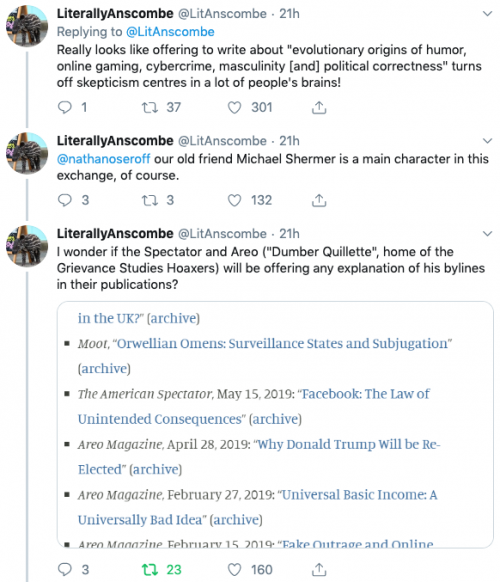It’s a tragedy, but increasingly common. Evgeny Morozov rages against the culture that fostered Epstein, Ito, and the association of science and money.
Is it so surprising, then, that when a colleague cautioned Ito against meeting Epstein – who used to list his interests as “science and pussy” – Ito described him as “really fascinating”? Brockman, for all his realism about low intellectual standards of the tech community, also couldn’t resist Epstein’s charms, describing him, in an email to me, as “extremely bright and interesting”.
If the “third culture” is so much more sophisticated than its predecessors, how come most of its card-carrying members – famed scientists-cum-brands, courtesy of the Brockman empire – got caught up in the Epstein mess? It’s not uncommon for intellectuals to serve as useful idiots to the rich and the powerful, but, under the “third culture”, this reads like a job requirement.
Are the costs of living with this culture – eg the prostitution of intellectual activity at “billionaire dinners”– worth it? And can we still trust what the leading intellectuals of the “third culture” actually have to say, given, also, what they have to sell?
The answers to these questions are self-evident. And yet, while it’s easy to attack the rotten apples such as Ito or Negroponte, a more radical transformative agenda should ask for more: close the Media Lab, disband the Ted Talks, refuse the money of tech billionaires, boycott agents like Brockman. Without such drastic changes, the powerful bullshit-industrial complex that is the “third culture” will continue unharmed, giving cover to the next Epstein.
It’s time to get radical, I agree. But shutting down the old avenues of support is pointless without alternatives. Science ought to be maintained by government support, and you ought to mistrust the bilge that relies on a billionaire’s largesse…especially when that billionaire doesn’t read about or care about science, except for the prestige it grants them. Of course, how do I explain to my university administration that I’m rejecting a million dollar grant because I think the donor is a parasite? (Note: Purely hypothetical. No million dollar offers are knocking at my door.) The people who benefit most from these cash prizes are the donors, who get to pretend to be contributors to science when all they’ve done is successfully undermined egalitarian mechanisms for promoting good science. Like these people:
One of Brockman’s persistent laments was that all the billionaire techies in his circle barely read any of the books published by his clients. Not surprisingly, his famed literary dinners – held during the Ted Conference, they allowed Epstein (who kept Brockman’s Edge Foundation on a retainer) to mingle with scientists and fellow billionaires – were mostly empty of serious content.
As Brockman himself put it after one such dinner in 2004, “last year we tried ‘The Science Dinner’. Everyone yawned. So this year, it’s back to the money-sex-power thing with ‘The Billionaires’ Dinner’.” Was “the money-sex-power thing” that very potent “new mode of intellectual discourse” promised by the “third culture”? If so, we’d rather pass.
Also…TED talks are terrible. One in a few hundred might be informative, but most are exercises in formulaic hype.








